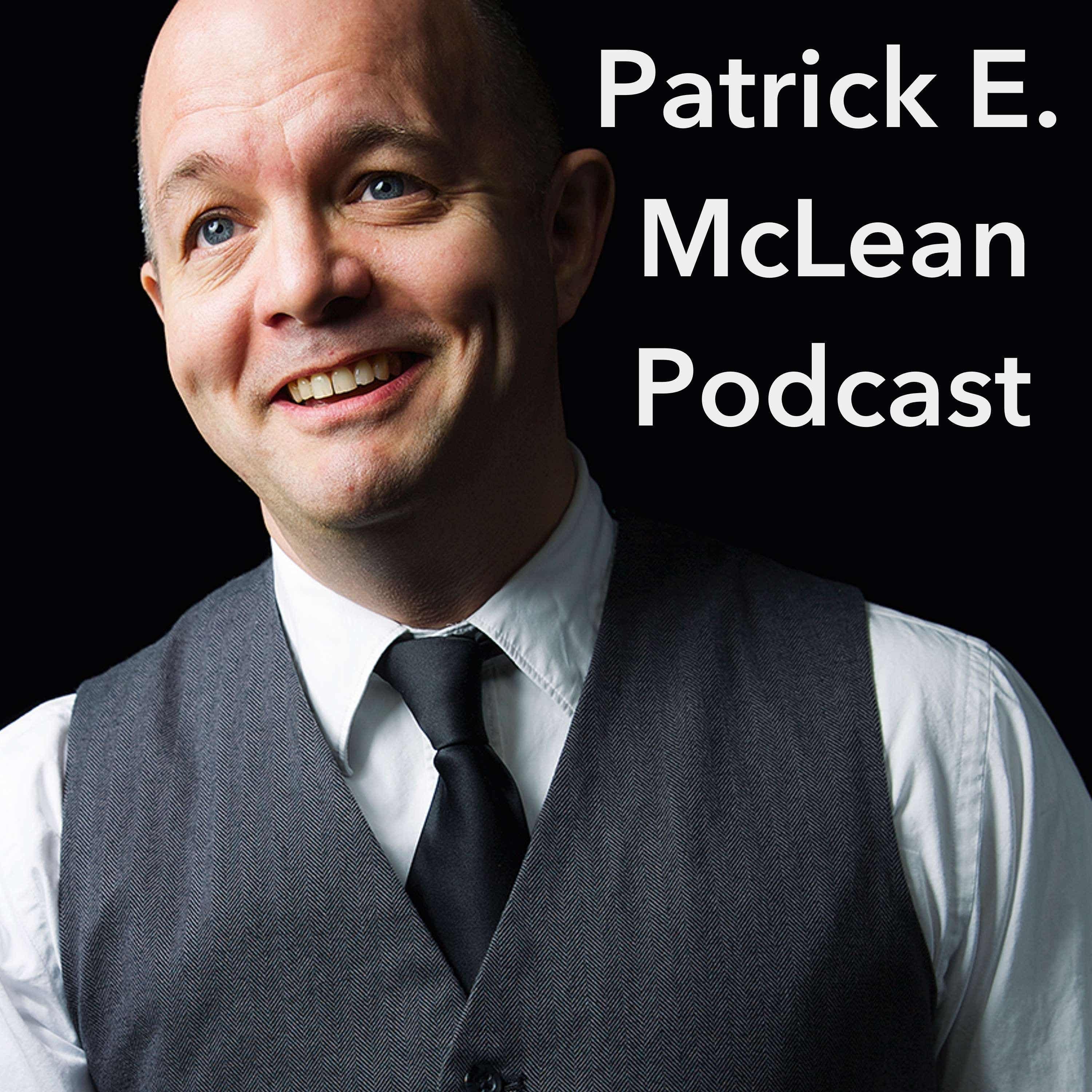The Inescapable Gravity of Barfight Scenes
Description
If there was one thing that I wish I knew about writing years ago, it is this: Every story you write comes with obligations. These obligations are driven by expectations. First yours, then the readers. The simple way to say this is “every genre has obligatory scenes.” This is 100% true. If you write a Western (even a transitional, hybrid western like “A Town Called Nowhere”) you are obliged to have a bar fight scene. And a showdown and a bunch of others. Your conflict better involve themes like justice and the individual against society. Because that is what we have come to expect from all the stories in that genre that have come before.
So the job of writing a story isn’t reinventing the form — not at first — it’s figuring out a great way to do all of those obligatory scenes.
It’s not dialog. It’s not description. It’s not even coming up with original characters (if there is such a thing). It’s not even plot. These scenes are moments, without which the reader will be left unsatisfied. So the first and hardest job is figuring out how you are going to do a version of those tired old scenes in a way that you and then your audience will find fresh, meaningful and full of emotion.
Now, that may seem impossible for something like a bar fight scene. But if it can be done for a love song, it can be done for anything. And people are still writing fresh and surprising classic love songs in even the oldest styles of popular music.
Exhibit A - “Lucky Sometimes” by Pokey LaFarge
Subverting Expectations?
You can, if you must, subvert the expectation. But the more I read the more that this seems like cheap trickery to me. I think that most people who believe they are ‘subverting expectations’ aren’t. And most works that consciously try to subvert expectations don’t seem to work very well. The author is trying too hard to be tricky or shocking for its own sake and in the process the story gets lost.
But what you can never do is ignore the expectation. And from what I’ve seen, that’s the mistake that trips up beginning writers more than anything else. Yes, we all want originality. But we also want it within a familiar structure. Just like we all want freedom but we also all want safety at the same time. It’s the human condition.
For a Western or an Action movie, the bar fight scene is something of a black hole. You can orbit around it for a while, but sooner or later you’re going to get sucked into writing one. You can pay homage to it or you can make fun of it. You can tell one from a fresh perspective or with a new twist, but you can’t get away from it. You can only do it well or do it badly.
When you understand that you can hear legions of writers groaning in agony down through the ages. “Geeze, how am I going to take the curse off this scene and make it fresh and exciting again?”
Here, in no particular order, are some of my favorites:
The Cantina Scene from Star Wars
The Spittoon Scene (intro) from Rio Bravo
The fight that spills out into the real world in Blazing Saddles
“He shoulda armed himself if he’s gonna decorate his saloon with my friend.” Unforgiven
Roadhouse (The whole movie is basically a bar fight scene)
“I’m you’re goddamn partner!” Raiders of the Lost Ark
Dusk ’til Dawn (the second half is all bar fight)
The Soup Scene from Bad Day at Black Rock
Saturday Night Fever Scene from Airplane
Mayfield (Bill Burr) shoots his old commander in the Mandalorian
And that list could go on and on and on and on. There have been a lot of bar fight scenes. I haven’t gotten to one yet in A Town Called Nowhere, but rest assured it’s coming.
And there’s a whole bunch of other obligatory scenes that I have to fill in. So far, my list includes:
Inciting attack by antagonist
Duel/Showdown
Chase scene
Murder
Savages attack
Cavalry comes to the rescue
Magic is real
Hero at the mercy of the villain
Protagonists discover what th
More Episodes
Short fiction every week and serial novel "A Town Called Nowhere"
Published 08/22/22
Published 08/22/22
Laura looked out over what was left of the Town of Grantham. Smoldering buildings. Bodies scattered across the street. She realized that this was the reality. This was the natural state. There would be no rescue. Not by Virgil nor anyone else. She felt an urge to lay down with the dead and be at...
Published 07/29/22


